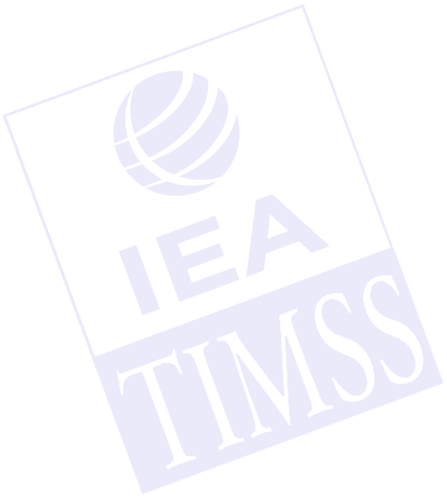Statement by Dr. Tjeerd Plomp
CHAIRMAN, INTERNATIONAL ASSOCIATION FOR THE EVALUATION OF EDUCATIONAL ACHIEVEMENT (IEA)
November 20, 1996
IEA AND THE SIGNIFICANCE OF TIMSS
On Release of Third International Mathematics and Science Study Results
Today, IEA is releasing the first achievement results from our Third International Mathematics and Science Study (TIMSS). TIMSS is a genuine international endeavor in which countries from all regions of the world came together to study the teaching and learning of mathematics and science. With 45 countries participating, five grades assessed in two school subjects, and more than half a million students tested in more than 30 languages, TIMSS is the largest and most ambitious study of comparative educational achievement ever undertaken.
Individuals in research centers throughout the world have been working towards this day for more than five years. TIMSS has taken such effort because of its many different components:
achievement testing at primary, middle-, and high-school levels,
extensive array of background information from students and teachers, and
detailed analyses of curriculum documents and textbooks.
Staff from the TIMSS International Study Center will highlight some of the achievement results from middle-school students which are presented in the reports released today.
The stage for today's release was set last month by the release of the international results of the curriculum analysis. Other reports will follow during the next year containing the achievement results for the primary and high-school students.
The International Association for the Evaluation of Educational Achievement (IEA) is proud to be the sponsor of TIMSS. The IEA an independent international cooperative of research centers. It is made up of 53 educational systems, represented by research institutions or governmental research agencies.
Our aim is to conduct comparative studies that focus on educational policies and practices so as to enhance learning within and across systems of education. Since its inception in 1959, the IEA has conducted more than 15 studies of cross-national achievement. We are committed to a cycle of studies of learning in the basic school subjects of mathematics, science and reading, and to additional studies that may be of particular interest to policy makers, educational practitioners, and of course our members.
IEA studies of international assessment provide information about a wide variety of education policies, programs and practices across different countries and cultures. This information helps our members to understand better the advantages and shortfalls of their own educational systems. IEA studies have served as catalysts for educational change in several countries. For example in the USA, the discussions and analyses of the results on the Second International Mathematics Study provided an important stimulus for the US National Council of Teachers of Mathematics to develop their well known standards for the teaching of mathematics.
As an immediate contribution, TIMSS is providing policy makers and educational practioners with high quality indicators of how well their educational systems are functioning in comparison with others. IEA welcomes the fact that the OECD will use TIMSS data in its forthcoming publication on education indicators -- 'Education at a Glance'.
Indicators for achievement in mathematics and the sciences are interesting in and of themselves, but providing evidence that the students in 'my' country are doing better or worse than a competitor on the 'global market' does little to explain how such differences arise. Such differences can have many possible causes, including differences in the content of the curriculum, tracking or streaming practices, classroom time on task, amount of homework, class size, and so forth. To provide policy makers with a better understanding of the complex interplay among such factors and the most promising avenues to effective teaching and learning, we need further in-depth analyses of the extremely rich TIMSS database.
TIMSS also is unique in the widespread global collaboration that made the study possible. The scale of TIMSS demanded the development of innovative, state-of-the-art applications in sampling, scaling, analysis, and reporting techniques. To accomplish a task of this magnitude, the International Study Center here at Boston College coordinates a network of expert methodologists from around the world that works in conjunction with the national centers to bring each step of TIMSS to fruition. That we are here today is a tribute to all concerned.
It is also a testimony to the nearly 50 countries who had the foresight to embark on this remarkable endeavor, each one committing the resources necessary to conduct TIMSS in their own country. IEA is deeply indebted to the thousands of principals, teachers, and students who gave so generously of their time to participate in TIMSS. The overall coordination of a project as complex as TIMSS, initially by the University of British Columbia and for the past three years by Boston College, requires substantial financial support. As chairman of IEA, I want to express my great appreciation to the National Center for Education Statistics of the U.S. Department of Education, the U.S. National Science Foundation, and Government of Canada for funding the international coordination costs. In conclusion, I want especially to congratulate Drs. Albert Beaton, Michael Martin, and Ina Mullis as well as the staff members at this center for their extraordinary efforts and dedication in directing the TIMSS project.





